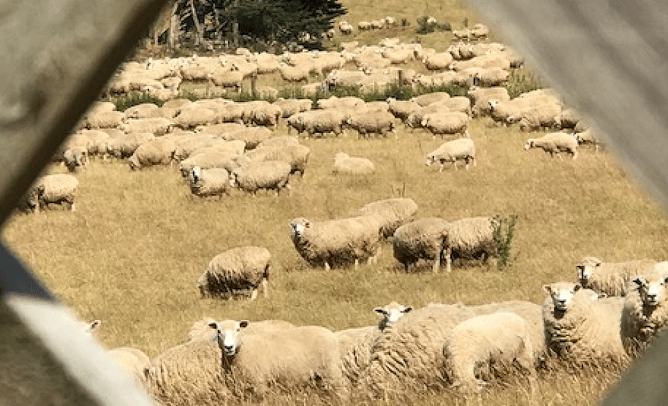At our most recent sheep, beef and deer in-house training day we were lucky enough to have a representative from Environment Southland come and speak to us about climate change. Specifically, about what to expect in our neck of the woods.
I cannot pretend to be an expert in this field, but there were some interesting key points that I was able to note from this talk.
The main impacts of climate change expected in Southland are:
- Warmer winters
- Decreased frost frequency
- Longer growing season
- Possible increased frequency of droughts
- More intense rainfall events and flooding.
It is predicted that temperatures will be 0.5-0.75℃ warmer, on average, by 2040 and up by 0.75-1℃ by 2090. The greatest change in temperature is expected in the autumn months.
By 2090, it is forecast that there will be up to 16 extra days with maximum temperatures over 25℃ and 10-30 less frost days.
Southland is also expected to have wetter winter and spring periods. It is thought that rainfall over these periods will increase by 7-22% by 2090. There are also likely to be less seasonal snow events.
Wind is another factor that they have looked at and they are predicting the frequency of extremely windy days to increase by 2-7% by 2090, especially the westerly winds in winter and spring.
If all of the above are true, then it looks like there will have to be a few changes to how we farm in Southland - specifically around dry summers. We may be looking at a lot more summers similar to this past season.
There will not be a one size fits all plan, but now could be a good time to start thinking about how you will manage any drought situations going forward. This may mean
- Selling more lambs as stores
- Ensuring more supplementary feed is kept on hand for those dry summer months where the grass is not growing
- Looking into alternative pasture species that are more drought resistant.
There are other regions around the country that cope in a drought and I am sure with the amazing resilience that our area shows, we too will come up with different methods of getting through tough seasons.
Parasite resistance
Another important issue that could arise is parasite resistance. With drier summers comes less refugia, which could increase the risk of this.
There is also the chance that we will start to see some “new” parasites in our area that have not been a historic issue, such as liver fluke and Barber pole worm, or new diseases such as facial eczema.
A solid parasite control plan is more important than ever. We need to focus on alternative measures of parasite control and use drench very carefully.
Again, there is not one approach that will suit every farm. This is a discussion that I encourage you to have with your vet so you can work out a plan that suits you and your farming system.
While this may seem like grim reading, it is important that we all start thinking about what is happening in our environment and coming up with ideas for tackling these potential problems before they arise.
The full effects of climate change in Southland may well be more of an issue for future generations, but we need to ensure our amazing farming land and communities are still around for them to enjoy as much as we do.
Beef & Lamb NZ has people that are very involved in this area that I am sure will be happy to have a chat with you and ease your mind. We are also always on hand to help with practical animal-health advice.
- Angela Butcher

